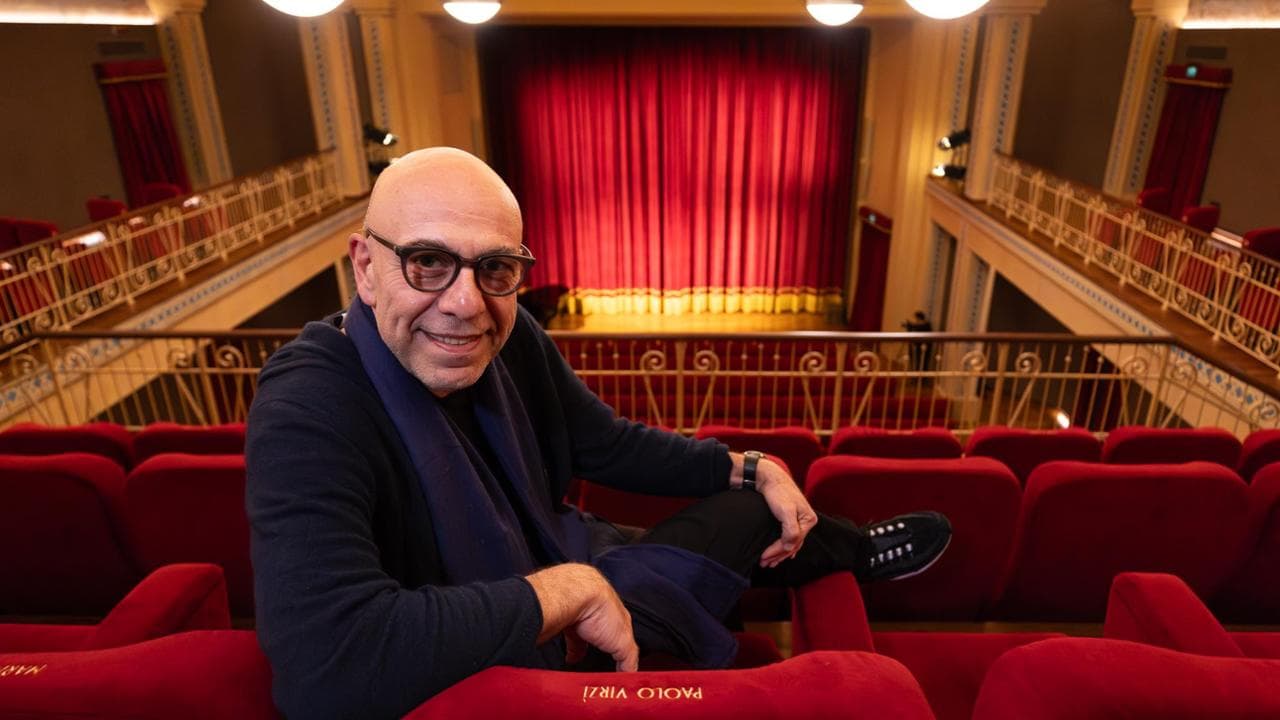What would Prodi like to do?
by Giovanna Casadio
Politics

After the regional elections in Abruzzo, the definition of the “wide field” has prevailed to indicate the size of the center-left forces capable of opposing the government team. While Carlo Calenda even says in a radio debate: “I’m fed up,” there are those in Bologna who write to secretary Elly Schlein with pen and paper. This is done by the president of the historic Bolognina Club, the turning point of Achille Occhetto, where Schlein himself enrolled in December 2022. Mario Oliva, club boss and councilor at the Palazzo d’Accursio, defines himself as “secretary’s secretary”, in the sense that he is the secretary of the club to which he belongs, and because of this privileged connection he addresses Schlein directly. “Elly, just call it “Campo Largo”, that doesn’t sound good to me, it just reminds me of the Campo Santo – explains Oliva – I really want to propose a new and different definition, let’s move on, there must be an alternative Way to call our group”.
In Bologna, the work to unite the center-left government is a long-standing experience: already in the 1990s, the council of the then mayor Walter Vitali became the incubator of the Ulivo, in its ability to hold together the Catholic world and what holds it together emerged from the communist tradition and led to an administrative season full of ideas.


In addition, Romano Prodi grew up in an environment always characterized by the consideration of keeping together people who deeply share a vision of the world, even if there are great differences, but with the aim of developing a competitive and even successful political proposal Basis of shared programs. After the birth of the Democratic Party, which saw the “fusion” of these cultures, the expansion was interpreted with a different meaning: towards the 5 Star Movement or towards the forces that defined themselves as reformist.
In its modern meaning, the “wide field” was used by Enrico Letta, who commented on the results of some elections in Italian cities: “The wide field has been mocked, but this strategy pays off.” Letta used this expression since his election as secretary of the Democratic Party and had already referenced the concept when he regained his Democratic Party membership in 2019. However, if you go back to the origins of this idea, you find definitions by Goffredo Bettini and even before that by Walter Veltroni.
by Giovanna Vitale


According to the militant base, which is most involved in the interweaving and organization of unity parties, between polentats and parties for centenarian volunteers, in the life of a party still made up of clubs and people, the need for a new motto arises, which in one delicate phase like the current one does not ignore the insecurities or shyness of the past. “I also had the solution to the riddle on the tip of my tongue, but now I have forgotten it – smiles Oliva – but I believe that it is quite possible to find a new definition.” Winning again, a prospect that the PD is very important to fighters under the Two Towers.